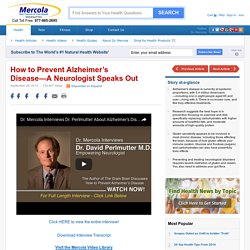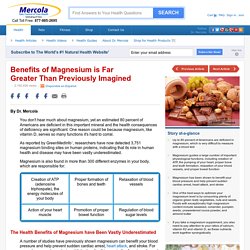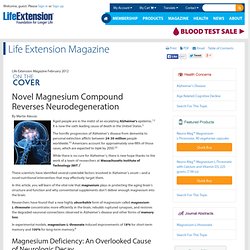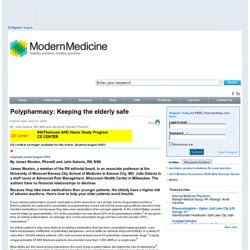

How Zinc Deficiency May Contribute to Alzheimer's. Dr. Perlmutter: How to Prevent Alzheimer's Disease. By Dr.

Mercola Alzheimer's disease is at epidemic proportions, with 5.4 million Americans—including one in eight people aged 65 and over—living with the disease.1 In the next 20 years, it is projected that Alzheimer's will affect one in four Americans, rivaling the current prevalence of obesity and diabetes. There is still no known accepted cure for this devastating disease, and no effective treatments. Alzheimer's drugs are often of little to no benefit at all, which underscores the importance of prevention throughout your lifetime.Fortunately, Alzheimer's prevention is actually easier than you might think.
There's exceptionally compelling research showing that your brain has great plasticity, which you control through your diet and lifestyle choices. "I have a very strong background in traditional neurology," Dr. The Role of Grains in Disease Propagation He realized an answer would never become apparent by simply writing prescriptions and hoping for the best. Dr. According to Dr. Magnesium and Its Health Benefits. By Dr.

Mercola You don't hear much about magnesium, yet an estimated 80 percent of Americans are deficient in this important mineral and the health consequences of deficiency are significant. One reason could be because magnesium, like vitamin D, serves so many functions it's hard to corral.As reported by GreenMedInfo1, researchers have now detected 3,751 magnesium binding sites on human proteins, indicating that its role in human health and disease may have been vastly underestimated. Magnesium is also found in more than 300 different enzymes in your body, which are responsible for: The Health Benefits of Magnesium have Been Vastly Underestimated A number of studies have previously shown magnesium can benefit your blood pressure and help prevent sudden cardiac arrest, heart attack, and stroke.
Magnesium also plays a role in your body's detoxification processes and therefore is important for helping to prevent damage from environmental chemicals, heavy metals and other toxins. Novel Magnesium Compound Reverses Neurodegeneration. Aged people are in the midst of an escalating Alzheimer's epidemic.1,2 It is now the sixth leading cause of death in the United States.3 The horrific progression of Alzheimer's disease from dementia to personal extinction afflicts between 24-30 million people worldwide.4,5 Americans account for approximately one-fifth of those cases, which are expected to triple by 2050.3,6 While there is no cure for Alzheimer's, there is new hope thanks to the work of a team of researchers at Massachusetts Institute of Technology (MIT.)7 These scientists have identified several correctable factors involved in Alzheimer's onset—and a novel nutritional intervention that may effectively target them.

In this article, you will learn of the vital role that magnesium plays in protecting the aging brain's structure and function and why conventional supplements don't deliver enough magnesium into the brain. Magnesium Deficiency: An Overlooked Cause of Neurologic Decay A Breakthrough Form of Magnesium Better Recall. Coconut oil and Alzheimer's: One couple's story. "Statins - Are YOU Taking These Dangerous Cholesterol Drugs?" Polypharmacy: Keeping the elderly safe. CE credit is no longer available for this article.

(Expired August 2007) Originally posted August 2005 By James Wooten, PharmD and Julie Galavis, RN, BSN James Wooten, a member of the RN editorial board, is an associate professor at the University of Missouri-Kansas City School of Medicine in Kansas City, MO. Julie Galavis is a staff nurse at Advanced Pain Management, Wisconsin Health Center in Milwaukee. Because they take more medications than younger patients, the elderly have a higher risk of adverse reactions. An elderly patient is also more likely to be taking a medication that has been prescribed inappropriately—one that's unnecessary, ineffective, or potentially dangerous—and to suffer an adverse drug event (ADE).
Most ADEs are the result of drug interactions; the more drugs a patient takes, the higher the risk of interactions. 6 The estimated incidence of drug interactions rises from 6% in patients taking two medications a day to as high as 50% in patients taking five a day. 7 1. TV Ads for Statins Drive Overdiagnosis and Overtreatment.